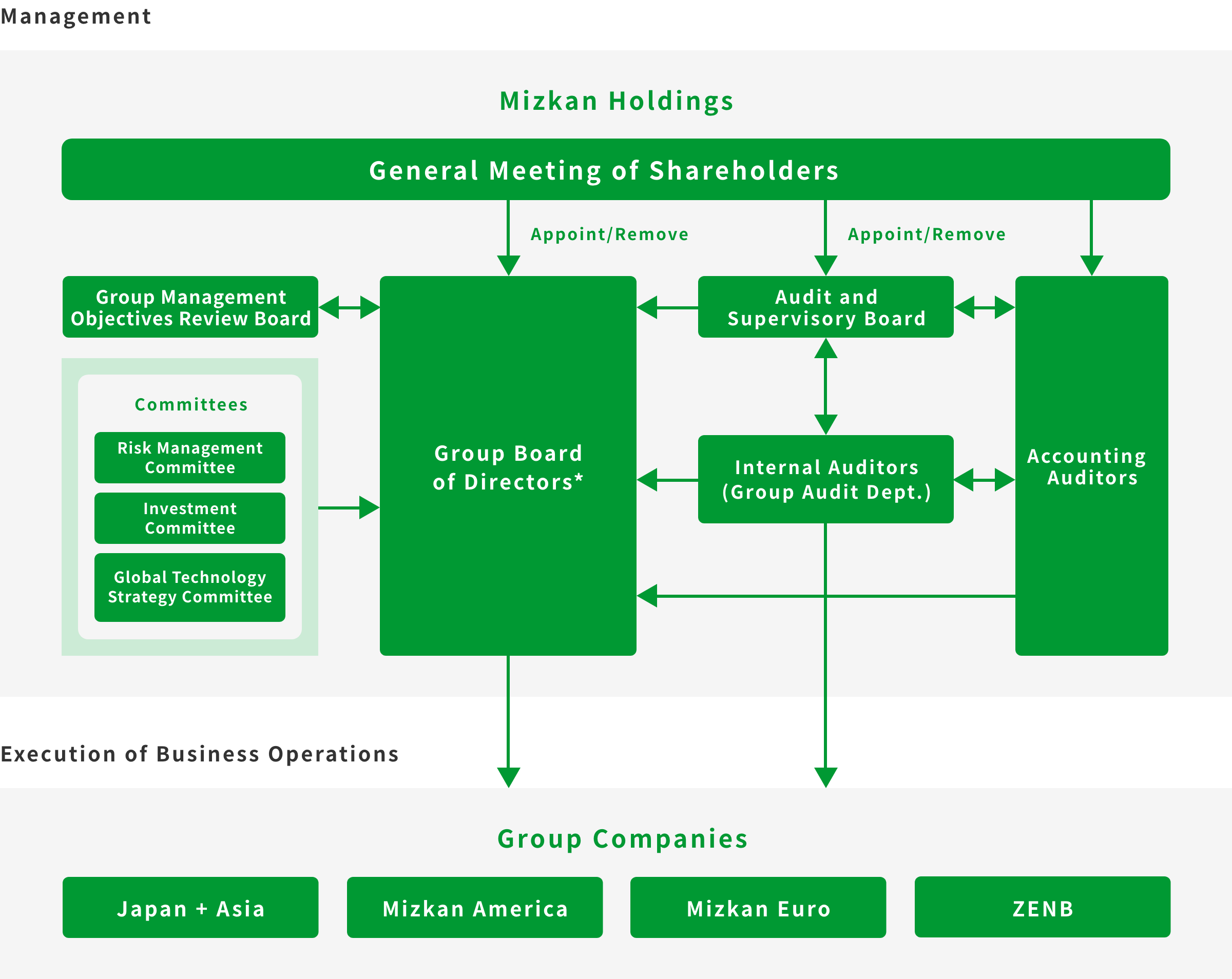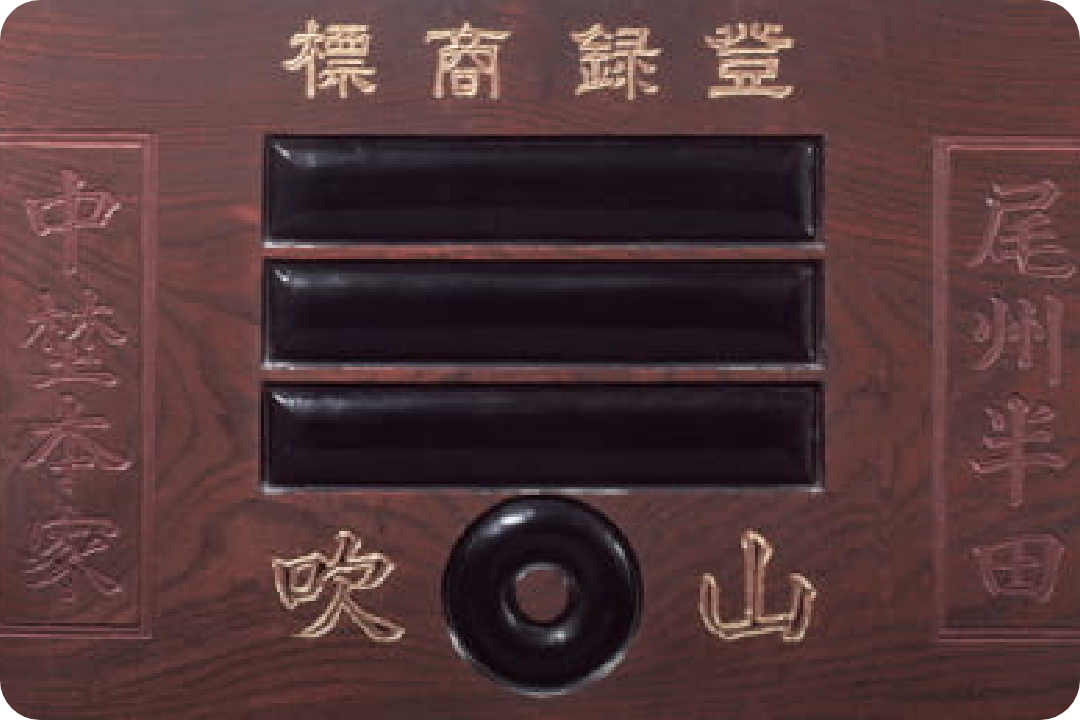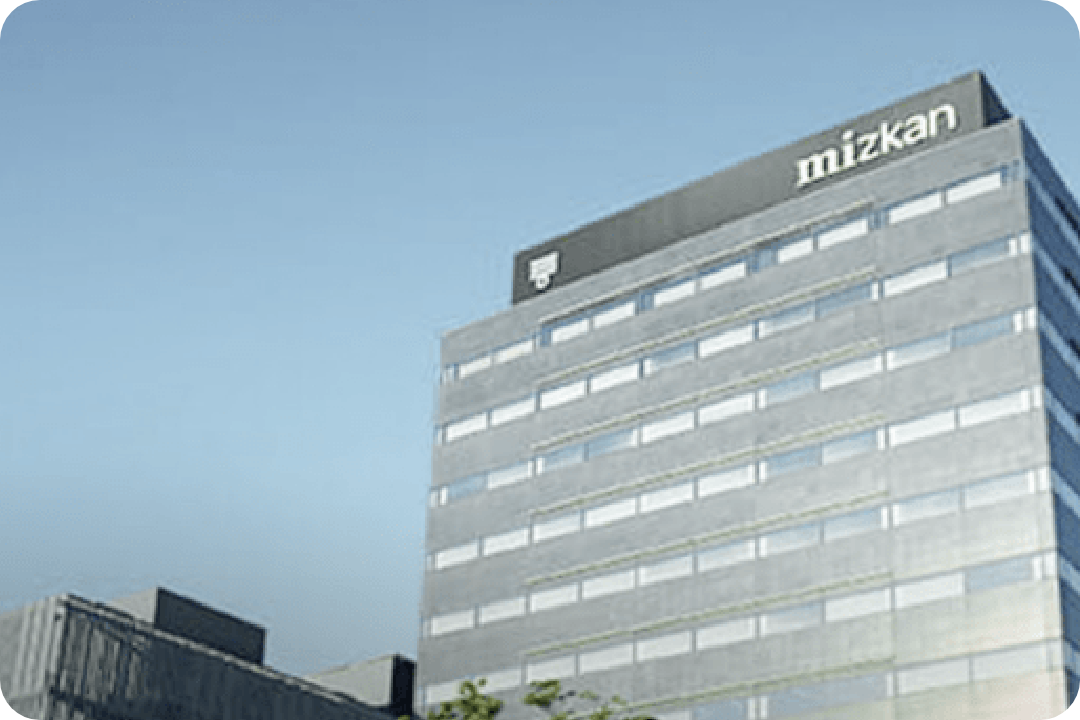- TOP
- Company Profile
Corporate Governance
Corporate Governance
Our Approach
Mizkan Group net sales outside of Japan grew to more than 50% when we acquired our US pasta sauce brands in 2014. Our group business structure had long been reliant on the Japanese business, but now our business is distributed across three regions: Japan and Asia, North America, and Europe. As our operations become increasingly global, we will not let time zones, distance, or any other differences between our companies stand in our way. Together, we are strengthening, evolving, and embedding Mizkan Corporate Governance throughout the Group to realize sustainable growth through Mizkan-style management.
Mizkan’s Corporate Governance informs how we make decisions by centering our Two Principles and our Corporate Value of “Together,” to grow our mid- to long-term business performance and corporate value while preventing fraud and avoiding risks. It allows the Group to respond quickly, effectively, and efficiently to drastic changes in the operational environment and quickly provide value to customers.
Structure
Mizkan Holdings Co., Ltd. is a company with an Audit and Supervisory Board in accordance with Japan’s Companies Act.
The Board of Directors consists of seven directors. A director’s term of office is set for one year in accordance with provisions in the Articles of Incorporation. This makes Mizkan Holdings more agile and better able to respond to changes in the business environment.
The Board of Directors oversees the strategic planning for the Mizkan Group and audits the business execution of all Group companies, promoting the proper allocation of resources, speeding up decision-making, and ensuring thorough compliance.
The Mizkan Group‘s Audit and Supervisory Board consists of four auditors, including three external auditors (as of June 2024). It audits the status of business execution and the development of internal control systems. The Audit and Supervisory Board Members Office assists the Audit and Supervisory Board in its audit activities. In addition, the internal Group Audit Department audits and verifies the status of business execution of each Group company. External auditors also audit accounts, verifying the appropriateness and legality of accounts and the internal accounting systems from an objective perspective.
We revised our Corporate Governance Structure in June 2024 with the aim of improving the speed and quality of decision-making throughout the Group and delivering value to customers more quickly.

Overview of the Internal Control System
For details, please refer to the Basic Policy on Internal Control.The Mizkan Group has established risk management regulations as the basis of its risk management policy from the perspective of sustainable growth for the company. The basic approach is to prevent and minimize risks, and minimize the damage to management when incidents occur. The Risk Management Committee, consisting of directors and others from Mizkan Holdings, is an advisory body to the Group Board of Directors. It makes risk-minimizing recommendations to the Group Board of Directors and area businesses from perspectives that encompass multiple functions other than business execution. In addition, the board members monitor and supervise the status of each Group company‘s response to risks to the business and other inherent risks, and instruct the relevant departments to establish and monitor preventive and reactive measures for risks that should be dealt with by the Group. In the unlikely event that an unforeseen situation occurs, we have established a system and process that enables us to respond promptly under the supervision of a designated director.
In fiscal 2023, we held a Risk Management Committee meeting. The status of each Group company was shared from the perspective of business continuity plan (BCP) structure and IT, giving an overview for each business and area. After considering the current situation in the world at large, the future to-be state was discussed. During the discussions, it was determined that it is necessary to create a Business Continuity Plan Policy for the Group. In addition, it was agreed that each area business will be responsible for establishing their own BCPs, while the BCP for IT will contain recommendations for each area. As a result of recommendations from the Risk Management Committee, the Mizkan Group has established the following as the Business Continuity Plan Policy.
The Mizkan Group has set up internal reporting hotlines in each business area that can be used by Mizkan Group employees and people working for the Group. We have publicized them via our intranet, posters, etc. Regarding reports and consultations, the relevant department will investigate the facts responsibly and take corrective measures and/or implement preventive measures, as necessary. In the Japan area, Mizkan Holdings has established a Corporate Ethics Office to develop, maintain, and improve its compliance system. The internal reporting system (Corporate Ethics Help Hotline) accepts reports, consultations, and proposals regarding the Mizkan Group's corporate ethics, regardless of whether they are anonymous or not, and ensures there is no disadvantageous treatment for users. In response to Japan’s revised Whistleblower Protection Act that came into effect in June 2022, we revised the Internal Reporting Operation Regulations in May 2022.
In April 2024, the Mizkan Holdings Board of Directors adopted the Mizkan Group Compliance Guidelines as the fundamental decision criteria and proper code of conduct for daily operations for employees to put our Corporate Philosophy, Mission, Vision, and Values into practice. The Mizkan Group views compliance as not only adhering to laws and regulations, but also as refraining from transactions or activities that may be deemed dishonest or unfair, while considering and acting from the perspectives of all our stakeholders and even their stakeholders. We will act in compliance so that we can continue to be a valuable company that is trusted by our customers, business partners, employees, and society.
Document Links
- Internal Control Policy【Japanese】
- Modern Slavery Statement for Mizkan Holdings【English】
- Modern Slavery Statement for Mizkan Holdings (Reference) 【Japanese】
- Modern Slavery and Human Trafficking Statement for Mizkan Euro【English】
- Mizkan Group UK Tax Strategy FY25【English】








